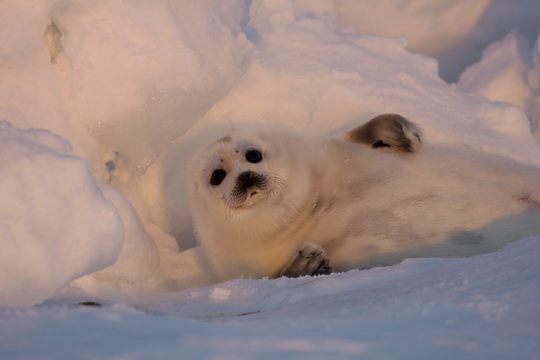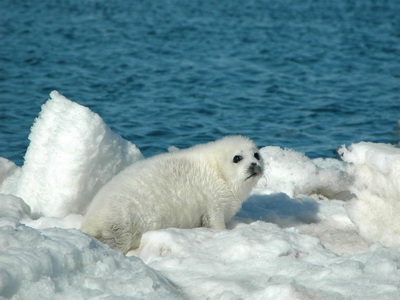Taiwan the first Asian nation to ban seal oil
 |
 |
Taiwan has passed a law to ban the import and sale of marine mammals and their products in order to protect wild animals.
The Legislative Yuan passed a revision to Article 24 of the Wild Animal Conservation Act on January 8, 2013, making Taiwan the first Asian nation to ban the import of marine mammals and their products. Currently the EU, US and Mexico also impose similar bans, while Russia, Belarus and Kazakhstan have all banned the imports of harp seal fur. The revision of the law means that Taiwan will help reduce the number of seals being commercially hunted in Canada and around the world. Each year, up to hundreds of thousands of seal pups are brutally killed by seal hunters, even as some seal populations are losing their sea ice habitat because of climate change.
Together with HSI Canada, we have worked rigorously to achieve this legislation for years. We appreciate very much for the support of the Taiwanese public, lawmakers, the Council of Agriculture, students from Chung Yuan Christian University and the animal rights group “Animosa.” The passing of this important bill is a historic step forward in protecting seals in the north Atlantic.
In 2009, the European Union passed a regulation with overwhelming support, to ban the import and trade of products of commercial seal hunts, in light of concerns about the inherently inhumane nature of commercial sealing. The United States passed its Marine Mammal Protection Act in 1972, which bans the import of all marine mammals and their products. Mexico followed the US example in 2006, also prohibiting trade in marine mammals and their products.
This is a very positive moment for Taiwan, especially as Taiwan is the first Asian nation to pass a similar regulation.
Once the ban comes into force, only products of traditional indigenous hunts may be traded in Taiwan. Any such product will need to approval from the central government prior to import or export.
Although the industry attempts to market seal oil by claiming health benefits, there is no credible medical evidence to suggest that taking seal oil pills could prevent or cure any serious ailment. There is, however, evidence to suggest that seals, which are top predators, bio-accumulate high levels of mercury and PCB, which are toxic and can harm human health.
EAST urges those who need DHA and EPA intakes for health benefits to consider alternative sources such as walnut, butternut, hempseed, chia seed and wheatgrass, which all contain enriched and safe Omega-3 at a low cost. These products, which are produced without cruelty to animals, are a far better choice for consumers.
EAST believes that enactment of the law banning seal oil in Taiwan will pave the road for other Asian nations to follow suit.
Translated by Echo Lin
Proofread by Helene O’Donnell (12 Jan 2013)










